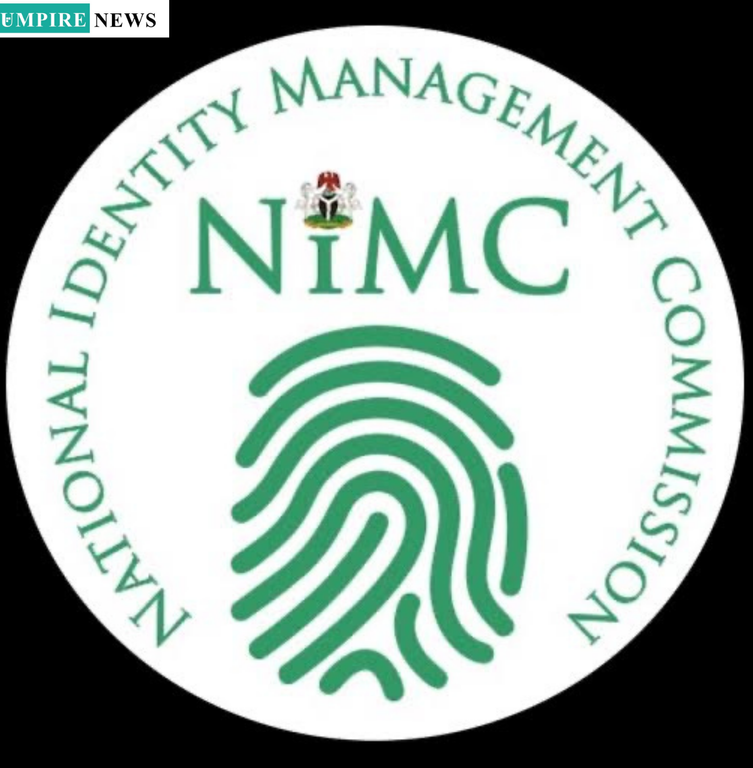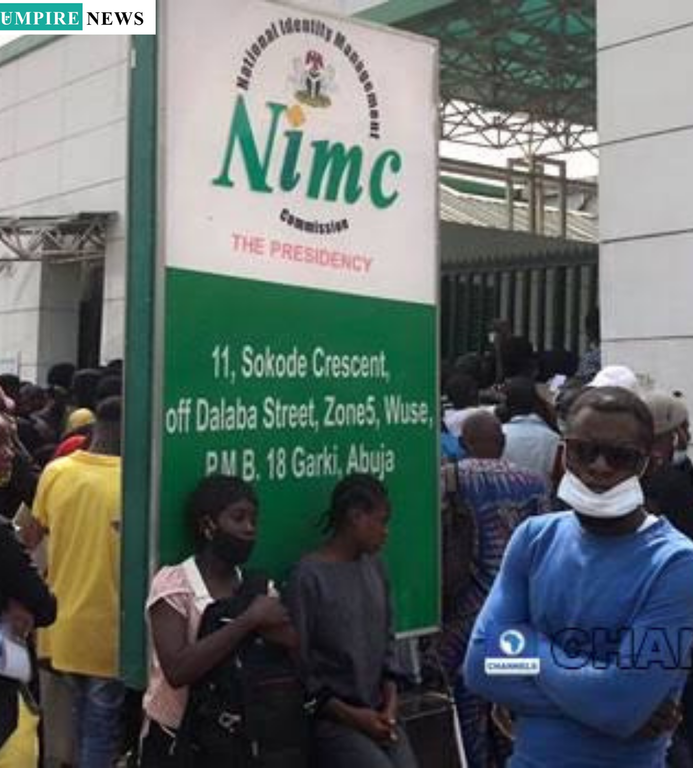The Nigerian Communications Commission (NCC) has announced that it has successfully completed the implementation of the federal government’s directive to link all phone numbers across the country to a National Identification Number (NIN).
This initiative, aimed at improving national security and accountability, was part of a broader policy first introduced in 2020.
The NCC has now confirmed that every phone number in Nigeria is linked to a verified NIN, a critical milestone that has been a key focus of the government over the past few years.
Speaking at the 2024 Annual Corporate Governance Conference in Lagos, Aminu Maida, the Executive Vice Chairman (EVC) of the NCC, highlighted the importance of the NIN-SIM linkage and acknowledged the difficulties faced by Nigerians throughout the process.

He emphasized that while the policy may have been challenging for many citizens, the benefits of having such a system in place are undeniable.
“We have recently concluded the implementation of the federal government’s 2020 policy of linking every phone number to a NIN,” Maida announced during his speech. He went on to admit that the process had not been without its challenges, stating, “Though it was a bit painful for Nigerians, I think we also need to appreciate what that does for us.”
The NIN-SIM linkage has now made it possible for all phone numbers in the country to be associated with a verified national identity, which Maida believes is a substantial achievement.
“Today, there is no phone number that we cannot associate with a verified NIN. Not just a number, but a number that has been verified,” he said.
This level of verification allows authorities to more easily trace phone numbers back to individuals, improving accountability and helping to combat various forms of crime.
Maida also addressed concerns that some people might have about the authenticity of the identities linked to phone numbers, noting that while there may be some skepticism, the system provides an important foundation for identifying users and enforcing accountability.
He explained, “If this phone number is involved in fraud or any crime, I can now authoritatively say, based on the NIN linked to it, this is the person who is using that phone number.”
The initiative to link SIM cards to NINs was first launched in December 2020, following a directive from the federal government. The policy required all telecommunication companies in Nigeria to block any SIM cards that were not registered and linked to a valid NIN.
Prior to this, the NCC had struggled to fully enforce the policy, as deadlines were repeatedly extended to allow more Nigerians to comply with the directive.
Initially, the policy faced resistance and implementation hurdles. Many Nigerians found it difficult to comply with the directive due to various factors, such as limited access to NIN registration centers and technical challenges.
However, the government, recognizing the importance of the initiative, continued to revise the deadlines to give citizens additional time to complete the process.

After several extensions, the NCC finally set September 14 as the final deadline for the NIN-SIM linkage, following an earlier attempt to block unlinked SIM cards in July, which had sparked violence in certain areas of the country.
Despite these challenges, the NCC now considers the NIN-SIM linkage initiative a success. The ability to trace phone numbers to verified identities represents a crucial step in addressing issues of fraud and insecurity in Nigeria.
By ensuring that every active phone number is tied to a registered identity, the government hopes to reduce criminal activity that involves mobile phones, such as scams, fraud, and other illegal practices.
During his address, Maida also highlighted the ongoing collaboration between the NCC and the Central Bank of Nigeria (CBN) to create a more robust framework for addressing fraud-related activities, particularly in mobile financial transactions.
He noted that mobile phones are increasingly being used as primary tools for conducting banking transactions, either through mobile banking apps or USSD codes.
This growing reliance on mobile channels for financial services has, in turn, made it critical to ensure that these systems are secure and that any fraudulent activities can be traced back to the individuals responsible.
“A lot of the time, the channels for financial services are your mobile, and it comes down to that phone number that is used to either perform a banking transaction over a mobile app or a USSD transaction,” Maida explained.
He acknowledged that the current system still has some weaknesses, particularly when it comes to enforcing consequences for those who use phone numbers to commit fraud.
“Today, we have to admit where we are. We could do a lot better because there are not very strong consequences when a phone number is used to perpetrate fraud,” he said.
Maida also pointed out that the same phone numbers used to commit financial fraud could potentially be involved in other sectors, such as pensions, further emphasizing the need for stronger measures to tackle fraud across different industries.
This, he said, is an area where the NCC plans to focus its efforts moving forward, ensuring that fraudulent activities tied to mobile phone numbers are addressed comprehensively.
The successful completion of the NIN-SIM linkage is a major achievement for the NCC and the Nigerian government. While the process may have been difficult for many citizens, it has laid the foundation for greater security and accountability in the telecommunications and financial sectors.
With ongoing efforts to strengthen the framework for mobile financial transactions and combat fraud, the NCC aims to continue improving the digital landscape in Nigeria, ensuring that mobile phones are used responsibly and transparently across all sectors.
































